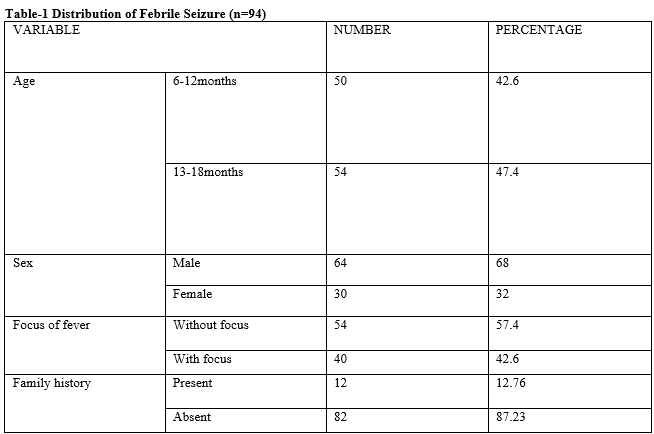
Several factors can contribute to GERD-related issues, including babies not gaining weight appropriately, refusing to eat, or acting upset after nursing. If your baby arches their back after eating, you may be able to diagnose gastroesophageal reflux disease. Anger is a powerful emotion that can be used in a variety of ways by older babies and toddlers. Colic is defined as babies under the age of five months who cry for more than three hours at a time at least three times per week. Colic is a condition in which your baby’s back arching while crying may indicate that it is a colicky condition. Obese backs can also be a sign of a serious medical problem. This usually results from a lack of patience or an upset stomach. There are a few explanations for your baby arching their back or throwing themselves around. You may notice your baby’s back arches after feeding, when they poop, or even when they lay down.īack arching is not uncommon, but it is not a sign of significant health concern. It is possible that arching the back lengthens the stomach and improves the feel of the stomach. When your baby is upset or has gas, they may arch their back. Why Does My Baby Arch Her Back After Feeding? If your baby has a fever and gums that are swollen, red, and tender, he may have an ear infection. If your baby has a fever and appears uncomfortable lying down, it’s more likely he has a bad ear infection. When your baby is teething and has red, swollen gums, he may develop an ear infection. You may notice it when you pull on your ears, rub your cheek, or shake your head to indicate tiredness or ear infections (these are normal signs of tiredness, but you may notice it when you start teething).

Do Babies Tilt Their Heads When Teething?Įven if the discomfort makes these functions difficult to perform, the discomfort should go away after two to three days. It is critical to have your torticollis checked out if it is suspected of being a more serious problem. If your baby is having difficulty sleeping or is suffering from severe pain, you should consult with a doctor. It’s usually a sign that the baby isn’t happy or has an upset stomach. Torticollis is a common problem in newborns. If their torticollis is severe, their doctor may prescribe medication to help them relax. Providing them with soothing sounds and allowing them to relax can help them drift off to sleep. If your newborn has torticollis, there are a few things you can do to make them feel better. When your doctor determines that a serious problem has been solved, it is likely that physical therapy will be required. If your child is having difficulty turning their neck, consult your pediatrician. A totillocarie usually occurs during the first few days of a child’s life as a result of a difficult labor or an awkward positioning in the womb. Anyone over the age of 18 is susceptible to this condition. As a result of tightening, the head tilts one way while the chin rotates in the opposite direction. When the SCM muscle tightens on one side of the neck, it occurs. Torticollis can also be distinguished from other types of head tilt by its wryneck or turn. Most cases of head tilt are linked to torticollis, a condition that causes the eyes to shift however, in rare cases, this condition can be caused by other conditions such as hearing loss, eye misalignment, reflux (a suck of stomach acid back into the esophagus), Why Does My Baby Keep Tilting His Head Back? The natural response to this development usually ends around nine months of age when your baby begins communicating in new ways. When a newborn baby appears to be hungry, frustrated, or in pain, he or she may have a back arch that appears to be curled. If your baby is fussing while being latched on, the shaking may be due to excitement. This could be caused by your baby’s attempt to grasp onto the food. When babies shake their heads while nursing their mothers, it is the first time they shake their heads.

Pyloric valve narrowing occurs when a valve between the stomach and small intestine narrows.

It can also be used to diagnose a condition like gastroesophageal reflux disease or a blockage or food sensitivity. The baby is aware of enough to want things to go in a certain way by nine months. Reflux is one of the few medical conditions that can cause a baby to move. When babies are uncomfortable, they may start throwing their heads and upper bodies backwards within a few weeks. If the problem persists, it is important to consult a doctor or lactation specialist to ensure that the baby is getting enough milk. This can happen for a number of reasons, such as an improper latch, an incorrect position, or a blockage in the baby’s nose. When a baby throws his head back while feeding, it is usually a sign that the baby is not getting enough milk.


 0 kommentar(er)
0 kommentar(er)
